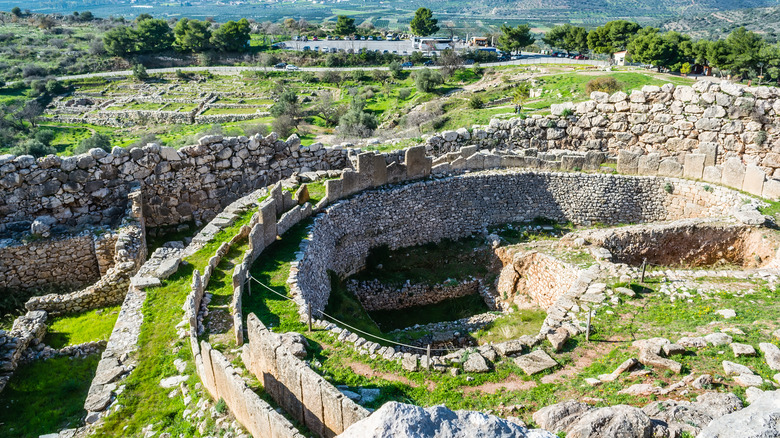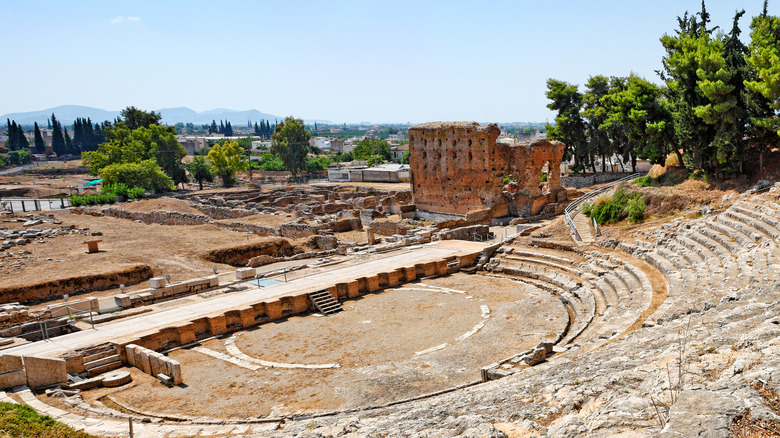Discover ancient Argos
Argos is a city that is so old it’s difficult to pinpoint when exactly it began. In terms of age, it’s up there with other ancient cities like Plovdiv in Bulgaria, as one of the oldest on the European continent. Argos was an important city in Mycenean times in 1300 B.C. to 1200 B.C., between around 700 B.C. to 500 B.C, and again during the Roman period. Visitors to Argos can see fascinating ruins from all of these historical periods. Lovers of Greek myths might also recognize Argos from Homer’s “The Iliad.” In that epic, the city was ruled by Diomedes, who sent warriors to fight in the Trojan War.
So you’re visiting Argos; where do you go? We suggest starting with the Ancient Agora and the Ancient Theatre, which are next to each other near the center of town. In the Agora, you can see the foundations of the town’s marketplace, which date back to around 460 B.C. The Theatre, built around the same time, had a capacity of 20,000, and you can see the remains of 83 rows of seats hewn out of the rock. While visitors on Google say that the Agora is interesting but not particularly well-kept, they rave about the Theatre, calling it “fabulous” and “a wow.” On site, you will also see the remains of a Roman bathhouse and Mycean-era tombs. Visiting these sites will cost you an incredibly reasonable EUR 3.
More historical sites around Argos

Another must-do in Argos is Larissa Castle, which sits on a hill overlooking the city. Most of the ruins you’ll see today date back to the Medieval period. However, there are remains of Mycean fortifications here. You can wander the site and explore at your own pace — entrance is free. The views over the plain and the gulf are stunning. The castle is about a three-mile drive out of town, and on the road up, you’ll see the Monastery of Panagia, which is thought to date to the tenth century.
To the north of Argos, there are two fascinating archaeological sites. The first, about a 15-minute drive from the town, is the Heraion of Argos. The Heraion was a sanctuary of Hera, an ancient Greek goddess, and was the center of religious life in Argos. You can see the remains of temples and other religious buildings dating back to the seventh century B.C. Visitors who reviewed the site on Google loved the archaeological remains as well as the stunning views.
Finally, a little further to the north is the world-famous Archaeological site of Mycenae. This UNESCO-listed site should be on any ancient history lover’s bucket list, and it’s just a 20-minute drive from Argos. The citadel of Mycenae was the home of the legendary King Agamemnon. Most of the remains you can see today date from 1350 B.C. to 1200 B.C. They’re fabulously old, and according to TripAdvisor reviewers, the site is “incredible.”

